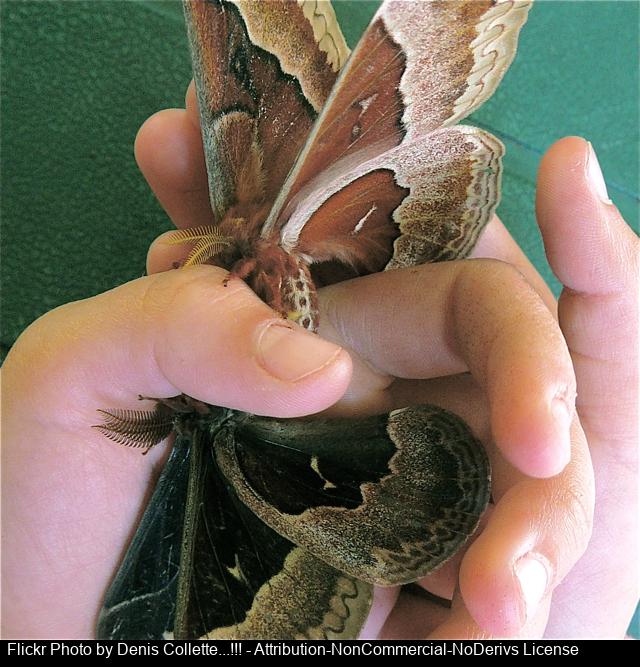Monday, November 29, 2010
Current Events and Podcasts
I think using podcasts in the social studies classroom is a way to engage students in a study and analysis of current events, but in a fresh new way. For me, as a teacher, I am intensely committed to the use of current events in the study of the past. Students need to be able to make contemporary connections between what they've learned and what they are experiencing. For instance, BBC Global News recently published a podcast entitled Korean Tensions Continue. In studying about the Korean War and US foreign policy during the late 20th century, I could use podcasts such as this to explain the issues that are still present today. I could start each class with a brief excerpt from the podcast, and have students write down notes to summarize the podcast. I think this gives "current events" a little more of a contemporary look, rather than the traditional find an article and cut it out assignment found in many social studies classrooms. I could also choose a theme of the week and have students complete searches on their own for relative podcasts. Students could posts these links to a class blog and have access to other student's opinions and findings.
Sunday, November 21, 2010
ePals
ePals is a collaborative network that allows teachers to intergrate technology into their classroom in a safe but engaging way. ePals, according to the company's mission statement ePals "provides digital content designed for collaboration and self-paced, self-directed learning as well as a safe platform to share work globally". ePals also provides schools and districts the opportunity to combine safe communication tools, like e-mail, blogs, wikis, and other social media tools. I think one of the best features is the networks ability to help teachers connect their students with other classrooms around the world. There are over 200 countries that participate in this network, and teachers can be confident that the atmosphere is safe for productive and intergrated learning. There are many different already designed projects teachers can make use of, and hundreds of classrooms the teacher can make a connection with. It offers an easy to use search engine for teachers to search by classroom, country, or project. I think this is definitely something I could use in my classroom. In teaching about the effects of geography on a country, I could pair students up with a country like Japan or a Middle Eastern nation, where the geography affects the business practices conducted. Students could compare and contrast their own business practices with eachother and discover the diversity in geography. I'm very interested in using inquiry as a unit plan, and students could design their own global questions to research and I could help students connect with other classrooms and students to research and share their questions. I think the possibilites are really endless, and a program like this highlights the importance of global learning and interconnectedness!
Monday, November 8, 2010
Using Flickr in the Classroom?
Flickr offers teachers the great opportunity of using visual images to teach students. Visuals allow students to understand information in a different kind of way, and could lead to more engagement and better comprehension. What is so exciting about Flickr is there are so many subsidary sites that offer tools and applications for using images to create things like puzzles, visual books, comic strips, posters, etc. Big Huge Labs is one site that allows users to create magazine covers, maps, movie posters, puzzles, and much more. I used this site to create an "inspirational poster" of an image from a cathedral in Siena, Italy.
Photo by: Philipp Klinger
In the classroom, I could have students create posters for many different assignments. Advertising specific cities we learn about, or as "propaganda" about a specific historical event. I think having students write headlines, tag lines, and find visual images to connect helps them understand the information on a different level. I am really excited to put this activity to use in my own classroom!
Photo by: Philipp Klinger
In the classroom, I could have students create posters for many different assignments. Advertising specific cities we learn about, or as "propaganda" about a specific historical event. I think having students write headlines, tag lines, and find visual images to connect helps them understand the information on a different level. I am really excited to put this activity to use in my own classroom!
Creative Commons Licensing
Flickr is an online community to store, sort, search, and share photos. It allows people to connect through photography and share visual stories. In seeking to protect its' users, Flickr offers various creative commons licensing options for users. Creative Commons is a nonprofit organization that gives users an alternative to full copyrighting. The first is Attribution licenses, which allows users to "copy, distribute, display, and perform your copyrighted work," and any derivative works created based upon it. These attribution licenses require users to give you credit before using any of your work first. Noncommercial licenses allow users to copy, distribute, display, and perform your work, but only for noncommercial purposes. No derivative licenses allow others to copy, distribute, display your work verbatim, but not derivative works based upon those original works. Finally, there are Share Alike Licenses which allow others to distribute derivative works only "under a license identical to the license that governs your work."


Subscribe to:
Comments (Atom)
